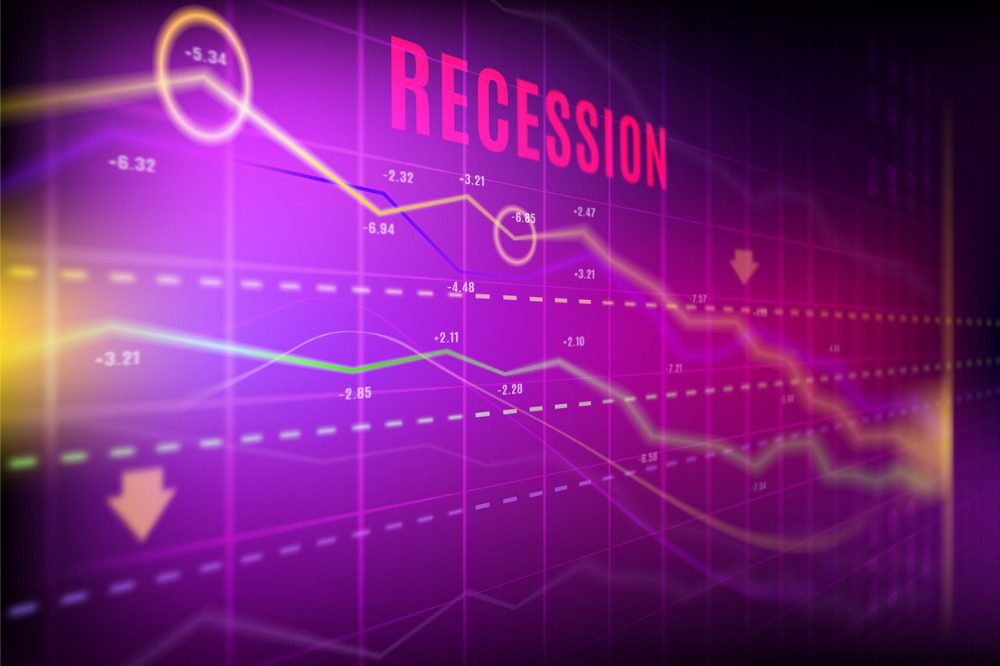Well-prepared leaders embrace risk – Aon report

Well-prepared leaders embrace risk and make better decisions during times of economic uncertainty, according to a new study by Aon.
Aon’s 2022 Executive Risk Survey, Making Better Decisions in Uncertain Times, was compiled from more than 800 interviews with C-suite and senior executives from companies with 500 or more employees. Respondents were asked questions about what set leaders who were well-prepared for a recession apart, as well as how they were making better decisions to position their companies for growth.
A large majority (79%) of business leaders expect a recession this year. However, only 35% reported feeling very prepared for that recession.
“Strong, prepared leaders are essential to protecting an organisation’s resilience and finding growth opportunities in the face of heightened volatility,” said Greg Case, CEO of Aon. “This year’s report reveals that leaders who are very prepared to weather economic challenges embrace calculated risk-taking as an engine of growth.”
The survey found that leaders who were very prepared for a recession shared four fundamental attitudes:
Embracing risk is the only option: Sixty-two percent of very prepared leaders said that their company’s appetite to address risk had increased in response to current macroeconomic conditions.
Analysis and advice from internal and external stakeholders are vital in making better decisions: Very prepared leaders were nearly twice as likely to say they value the advice of an external advisor to improve their company’s decision-making and deal with risk. Confident leaders also resisted the urge to slow hiring even during challenging economic conditions. Forty-two percent of very prepared leaders said they were spending significant time on the issue of attracting and retaining top executive talent, compared to just 22% of other leaders.
COVID-19 demonstrated that risks are interconnected: Sixty-one percent of very prepared leaders said that their experiences during the COVID-19 pandemic demonstrated the interconnectedness of risks. Seventy-three percent strongly believed that the pandemic prepared them to respond quickly to emerging risks, giving them added confidence in the face of a possible recession.
Don’t hit the brakes on long-term investment – or ignoring long-tail risks: The top five risks that all respondents reported they are most focused on are inflation, a financial crisis, energy supply, cyberattacks, and supply chain disruptions. In addition to addressing these risks, very prepared leaders are also spending more time than other leaders considering longer-term risks like economic and social inequality, disruptive technologies, crypto and blockchain. Forty-nine percent of very prepared leaders are also spending significant time on climate change, compared to only 26% of other leaders.
“Climate risk is not a probability, it is a certainty – and severe weather is becoming more and more a part of everyday life,” Case said. “What this research shows us is that while climate change is one of our greatest challenges, it could also be one of our greatest opportunities. It is the ultimate example of the interconnectivity of risk.
“More companies are looking at the challenges caused by climate change beyond regulatory compliance and reputation management and are digging into the related risks where the impact is immediate and measurable – business interruption, material scarcity, supply chain issues and reputation damage. And we are seeing that the leaders who invest more time and resources to the challenge are better prepared as a result.”





